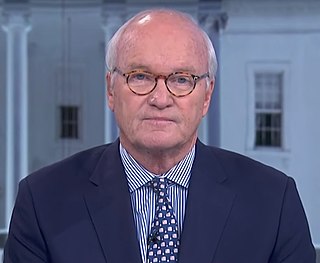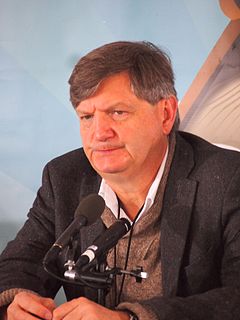A Quote by Jacob Weisberg
By 2003, if you didn't understand that the United States was inflicting torture on those deemed enemy combatants, you weren't paying much attention.
Quote Topics
Related Quotes
If we really care about safety we would close down WikiLeaks. We would treat the people at WikiLeaks as enemy combatants. We would declare that the kind of thing this private did is treason. WikiLeaks is not a fun and games event. WikiLeaks undermines profoundly the ability of the United States to work around the world. Why would you, if you were a foreigner thinking about helping the United States, why would you confide anything to an American when you know that it could end up in The New York Times based on some leak?
I don't think Americans realize the degree to which they are the main subject of Russian television news. Every night there's news from the United States and scandals about the United States, and every night the United States is shown to be an enemy of Russia over and over and over again. And this is, of course, useful to the Russian president, because it's, we have this big and important enemy - you need me here to fight back.
The United States of course wants to follow the highest standards of conduct with regard to enemy combatants who follow the rules of war. It should and does follow the Geneva Conventions scrupulously when fighting the armed forces of other nations that have signed the Geneva Conventions or follow their principles.
































